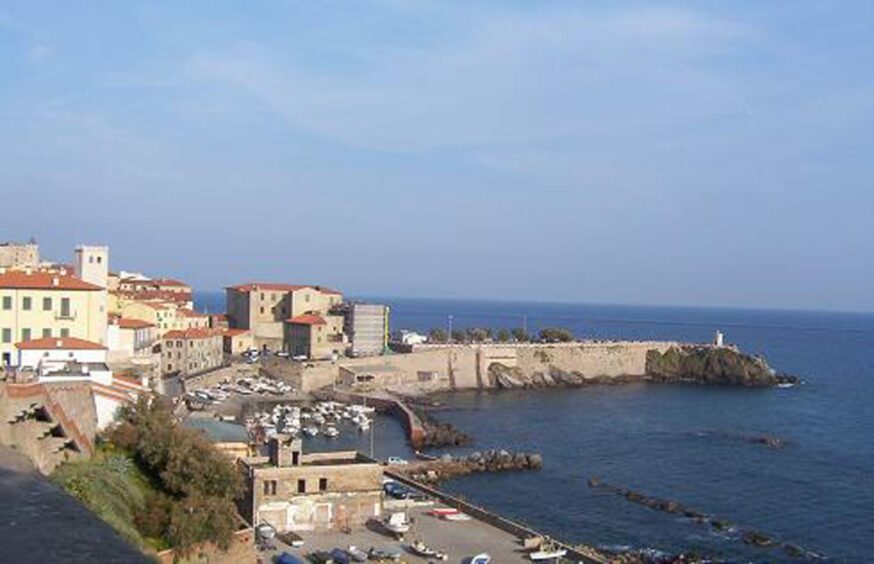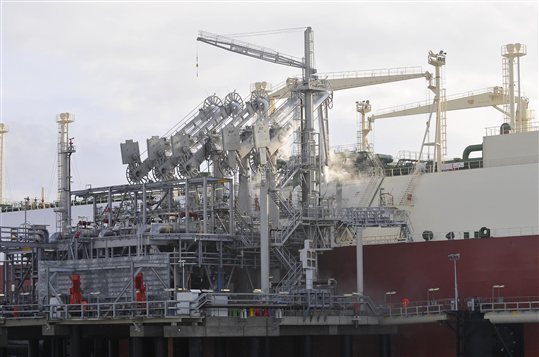
Gas network operator Snam won approval to install Italy’s newest liquefied natural gas terminal, overcoming local opposition and boosting the country’s bid to improve energy security and wean itself off Russian supplies.
The decision by a state-appointed commissioner cleared the process to install the Golar Tundra floating storage regasification unit that state-controlled Snam bought earlier this year, according to a statement. The facility, known as an FSRU, is due to go into operation in spring of 2023.
The project had faced staunch opposition in the city of Piombino, where the vessel is due to be deployed. Activists cited threats to the environment and the impact on local employment, particularly in the fishing industry.
The authorization is linked to compensation for the local community, the Tuscan government said, including financing for docks dedicated to fishing and tourism, a 50% reduction in energy bills in the area where the vessel will be situated and hiring incentives to local companies.
Diversification strategy
The go-ahead is a vindication of the efforts by Mario Draghi’s government to free Italy from its dependence from Russian gas.
The terminal will be crucial for Italy’s future energy security following what promises to be a tight winter season. Imports of Russian gas are at historic lows with little prospect for a return to past levels.
It also marks an early victory for Draghi’s successor, Prime Minister Giorgia Meloni, who’s pledged to make the energy crisis a top priority for her right-wing government. Still, Piombino Mayor Francesco Ferrari, a lawmaker from Meloni’s Brothers of Italy party, has said he’ll appeal the ruling.
While the facility won’t be online this winter, Snam expects it to contribute about 6.5% of Italy’s domestic requirements and play a major role in processing LNG deliveries next year to refill gas storage.
Alternative sources
Italy has been one of the most successful countries in sourcing alternative supplies following the Russian invasion of Ukraine. Recent months have seen gas deals between energy major Eni and African and Middle Eastern suppliers.
Gas from Algeria is set to reach 38% of the country’s total supply next year, matching the level traditionally imported from Russia.
Italy is among European nations looking to floating units as a fast way to boost LNG imports and fill supply gaps, and many governments have fast-tracked projects since the invasion.
The platforms are quicker to set up and far cheaper than onshore regasification plants. They can also be moved elsewhere based on demand. A rush to secure FSRUs has even led to a shortage of vessels and an increase of charter rates.
Recommended for you
